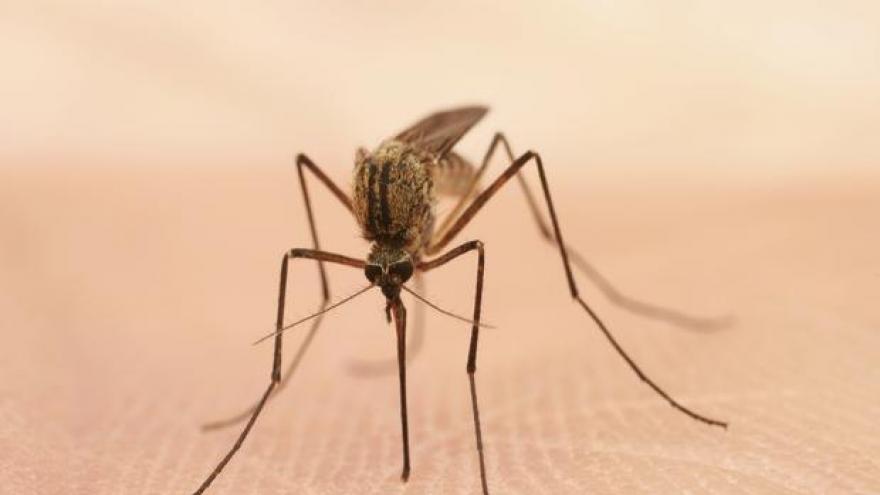Jefferson County bird tests positive for West Nile Virus

The Jefferson County Health Department reports a dead crow found in Jefferson County has tested positive for West Nile Virus.
This is the first bird that tested positive for West Nile Virus in 2018 in Jefferson County since surveillance for the mosquito-transmitted virus began May 1.
“The positive bird means that residents of Jefferson County need to be more vigilant in their personal protective measures to prevent mosquito bites,” Gail Scott, Director/Health Officer said.
West Nile virus is spread to humans through the bite of an infected mosquito. Mosquitoes acquire the virus by feeding on infected birds.
The Jefferson County Health Department recommends the following:
- Use effective mosquito repellant and apply according to the label instructions.
- Wear long-sleeved shirts, long pants, socks, and shoes.
- Mosquitoes may bite through thin clothing, so spraying clothes with a repellent containing permethrin or DEET will give extra protection. These repellants are the most effective and most studied.
- Avoid being outside during times of high mosquito activity, specifically around dawn and dusk.
- Keep window screens repaired so that mosquitoes cannot enter your home.
- Dispose of discarded tires, cans, or plastic containers left outside that may contain standing water.
- Drain standing water from pool or hot tub covers.
- Turn over plastic wading pools and wheel barrows when not in use.
- Change the water in bird baths, pet dishes and wading pools every 3-4 days.
- Keep drains, ditches and culverts clean of trash and weeds so water will drain properly.
- Clean gutters to ensure they drain properly.
DHS will continue surveillance for West Nile virus until the end of the mosquito season. To report a sick or dead crow, blue jay, or raven, please call the Dead Bird Reporting Hotline at
1-800-433-1610. Because Jefferson County now has a bird that tested positive for West Nile Virus, no more birds will be tested. However, the Hotline can still be called to report sick or dead birds.
For more information on West Nile Virus, click here.
